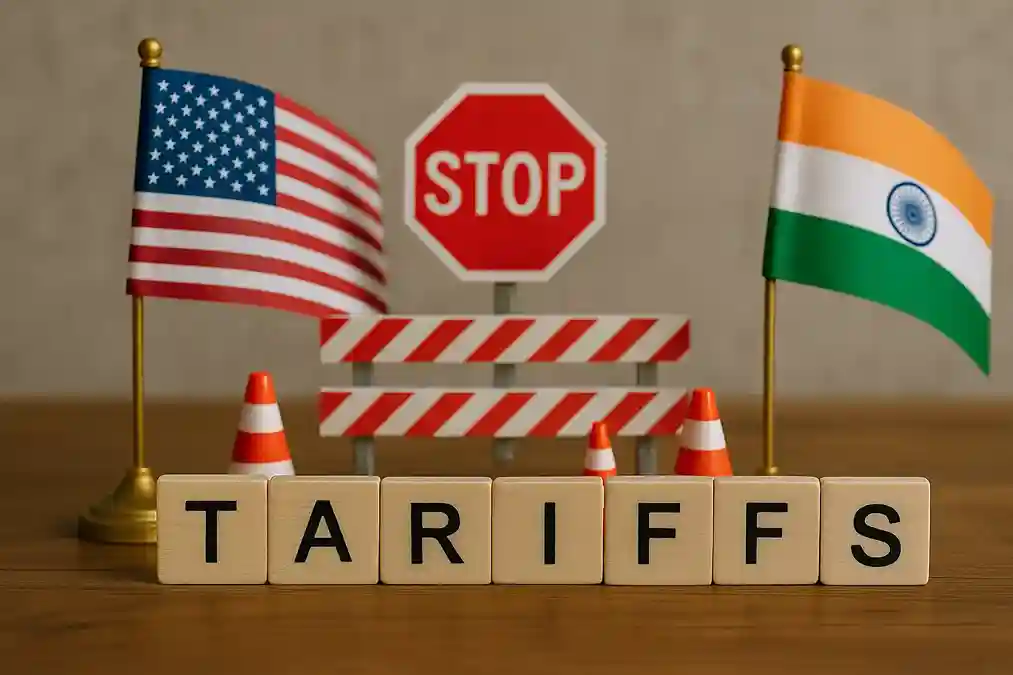Beyond Trade: The Collateral Damage of Trump's Tariffs on the US-India Partnership

Beyond Trade: The Collateral Damage of Trump's Tariffs on the US-India Partnership
NEW DELHI, India – The escalating trade dispute, triggered by substantial tariffs imposed by the United States on Indian goods, is inflicting damage that extends far beyond mere balance sheets and trade volumes. While the economic implications are significant, the punitive tariffs are also chipping away at the foundation of the strategic partnership between the U.S. and India, creating ripples of mistrust and forcing New Delhi to reassess its long-held assumptions about the reliability of this crucial alliance.
For decades, the relationship between the world's two largest democracies was on an upward trajectory, built on shared values, increasing security cooperation, and growing economic ties. However, the aggressive use of tariffs as a foreign policy tool is casting a long shadow, potentially undermining the progress made and creating vulnerabilities in a critical geopolitical relationship.
Erosion of Trust and Goodwill
The imposition of hefty tariffs, particularly the recent 50% levy, has been perceived by many in India as an unfair and unilateral action, especially given India's consistent engagement and cooperation on various global issues. This has led to a noticeable erosion of trust and goodwill, sentiments that are crucial for sustaining a robust strategic partnership. The cancellation of high-level trade dialogues and the increasingly critical tone in Indian policy circles reflect this growing unease. The perception that the U.S. is prioritizing narrow economic interests over broader strategic alignment is a significant setback for the relationship.
Impact on Strategic Cooperation
While defense and security cooperation remain important pillars of the partnership, the trade tensions are creating complexities. India's commitment to strategic autonomy often requires it to pursue independent foreign policy choices, including its engagement with nations like Russia. The U.S. using tariffs to penalize these choices sends a clear message that could limit the scope and depth of future cooperation. India might become more hesitant to align too closely with U.S. strategic objectives if it perceives a risk of economic retaliation for its independent decisions.
The Quest for Alternative Partnerships
The collateral damage of the trade dispute is also evident in India's accelerated pursuit of alternative partnerships. While not intended to replace the U.S. relationship entirely, the need for economic resilience and reliable trade partners is pushing India to forge stronger bonds with other major players and regional blocs. The renewed focus on agreements with the UK, the EU, and nations within the Global South, as well as active engagement with BRICS and the EAEU, are all indicators of India's strategic hedging in response to the uncertainty created by the U.S. tariff policy.
The tariffs, intended as a tool to extract trade concessions, are inadvertently creating a scenario where India is compelled to diversify its strategic and economic dependencies. This shift, driven by a need to safeguard its economic growth and maintain its sovereign decision-making, represents a significant and potentially lasting collateral damage to the U.S.-India partnership, extending far beyond the immediate trade figures.


